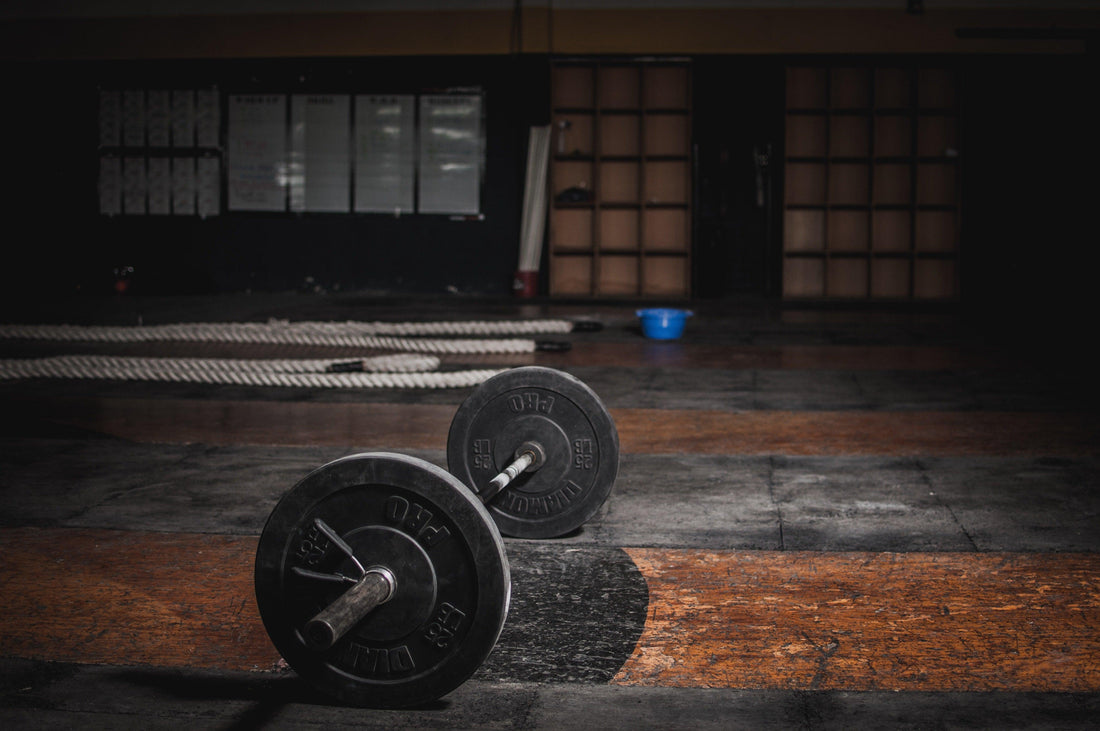Exercise is one of the most important things you can do for your health and longevity. Not only does regular physical activity help you maintain a healthy weight, it also reduces the risk of chronic diseases such as heart disease, type 2 diabetes, and certain cancers. In addition, exercise can help improve your mental health and cognitive function, as well as reduce the risk of age-related decline.
There are many different types of exercise, including cardiovascular exercise (such as running, cycling, or swimming), strength training (using weights or resistance bands), and flexibility training (such as yoga or stretching). Ideally, a well-rounded exercise program should include all three types of exercise.
Cardiovascular exercise is important for improving your heart health and increasing your endurance. It can also help you burn calories and lose weight, which is important for reducing the risk of obesity-related diseases. Aim for at least 150 minutes of moderate-intensity cardiovascular exercise per week, such as brisk walking or cycling, or 75 minutes of high-intensity exercise, such as running or interval training.
Strength training is important for building and maintaining muscle mass, which is important for overall health and mobility. It can also help you maintain bone density, which is important for reducing the risk of osteoporosis. Aim to strength train at least two days per week, focusing on all major muscle groups.
Flexibility training is important for improving your range of motion and reducing the risk of injury. It can also help you reduce stress and improve your overall sense of well-being. Aim to stretch at least two days per week, focusing on all major muscle groups.
In addition to these three types of exercise, it's also important to incorporate regular physical activity into your daily routine. This can include things like taking the stairs instead of the elevator, walking or biking to work, or taking a daily walk after dinner. The more active you are throughout the day, the better for your health.
One of the most important things to remember about exercise is that consistency is key. It's important to make exercise a regular part of your routine and to find activities that you enjoy. This will help you stick with your exercise program over the long term and reap the many benefits of regular physical activity.
In conclusion, exercise is essential for both health and longevity. Regular physical activity can help you maintain a healthy weight, reduce the risk of chronic diseases, improve your mental health and cognitive function, and reduce the risk of age-related decline. By incorporating cardiovascular exercise, strength training, flexibility training, and regular physical activity into your daily routine, you can improve your overall health and well-being and enjoy a longer, healthier life.
-
Centers for Disease Control and Prevention (CDC) - Physical Activity: https://www.cdc.gov/physicalactivity/index.html
-
American Heart Association - Get Moving: https://www.heart.org/en/healthy-living/fitness/getting-active
-
Mayo Clinic - Exercise: 7 Benefits of Regular Physical Activity: https://www.mayoclinic.org/healthy-lifestyle/fitness/in-depth/exercise/art-20048389
-
National Institute on Aging - Exercise and Physical Activity: Your Everyday Guide from the National Institute on Aging: https://www.nia.nih.gov/health/exercise-physical-activity
-
Harvard Health Publishing - Exercise is an all-natural treatment to fight depression: https://www.health.harvard.edu/mind-and-mood/exercise-is-an-all-natural-treatment-to-fight-depression
These resources offer a wealth of information on the benefits of exercise, different types of exercise, and tips for incorporating exercise into your daily routine.

